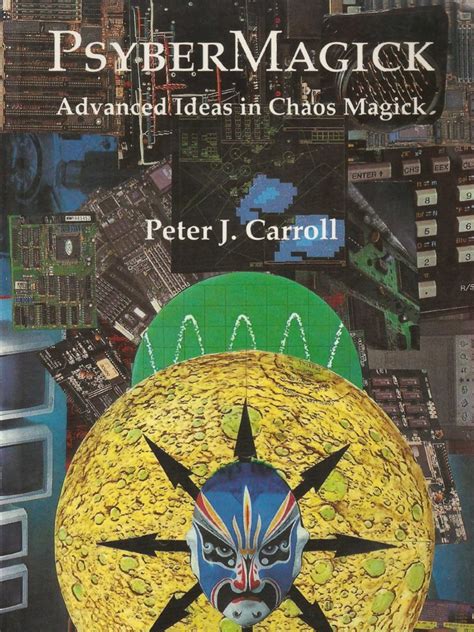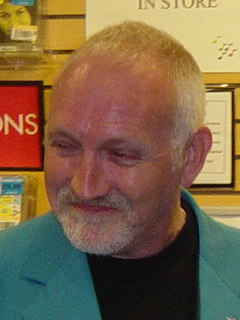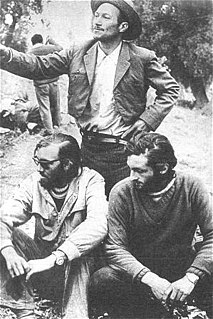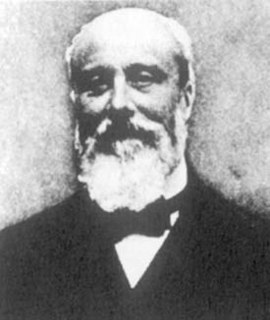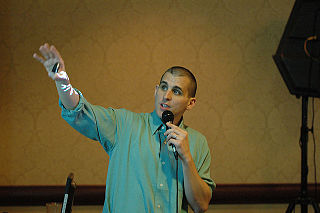A Quote by Frank Herbert
Answers are a perilous grip on the universe. They can appear sensible yet explain nothing.
Related Quotes
Physical processes alone will never completely explain the existence of the universe , life , and consciousness . Religious answers are just wishful thinking and wanton fabrication cast over a bottomless pit of ignorance . To explain their occult and mystical experiences , magicians are forced to develop models beyond the scope of materialistic or religious systems .
Every time that a man who is not an absolute fool presents you with a
question he considers very problematic after giving it careful thought,
distrust those quick answers that come to the mind of someone who has
considered it only briefly or not at all. These answers are usually
simplistic views lacking in consistency, which explain nothing, or which do
not bear examination.
It's perfectly clear to me that religion is a myth. It's something we have invented to explain the inexplicable. My religion and the spiritual side of my life come from a sense of connection to the humankind and nature on this planet and in the universe. I am in overwhelming awe of it all: It is so fantastic, so complex, so beyond comprehension. What does it all mean -- if it has any meaning at all? But how can it all exist if it doesn't have some kind of meaning? I think anyone who suggests that they have the answer is motivated by the need to invent answers, because we have no such answers.
I think life is simpler than we tend to think. We look for answers and more answers. But there are no answers. Things happen in life, good things and bad. People say, 'Why did it happen to me?' Well, why not? Some people win the lottery, and others die in a car crash. It happens, and there is nothing we can do about it. The universe doesn't care what happens to you.
Now these two questions Does there exist a material reality distinct from sensible appearances? and What is the nature of reality? do not have their source in experimental method, which is acquainted only with sensible appearances and can discover nothing beyond them. The resolution of these questions transcends the methods used by physics; it is the object of metaphysics. Therefore, if the aim of physical theories is to explain experimental laws, theoretical physics is not an autonomous science; it is subordinate to metaphysics.
I feel that I've often pointed out that there are countless aspects of life and nature that scientists and scientific thinkers cannot explain. Why the universe is accelerating in its expansion and what came before the Big Bang serve as compelling examples. The process of science provides a way to seek answers to those questions.
For centuries before Google, MIT, and IDEO, modern hotbeds of innovation, we struggled to explain any kind of creation, from the universe itself to the multitudes of ideas around us. While we can make atomic bombs, and dry-clean silk ties, we still don't have satisfying answers for simple questions like: Where do songs come from? Are there an infinite variety of possible kinds of cheese? How did Shakespeare and Stephen King invent so much, while we're satisfied watching sitcom reruns? Our popular answers have been unconvincing, enabling misleading, fantasy-laden myths to grow strong.


